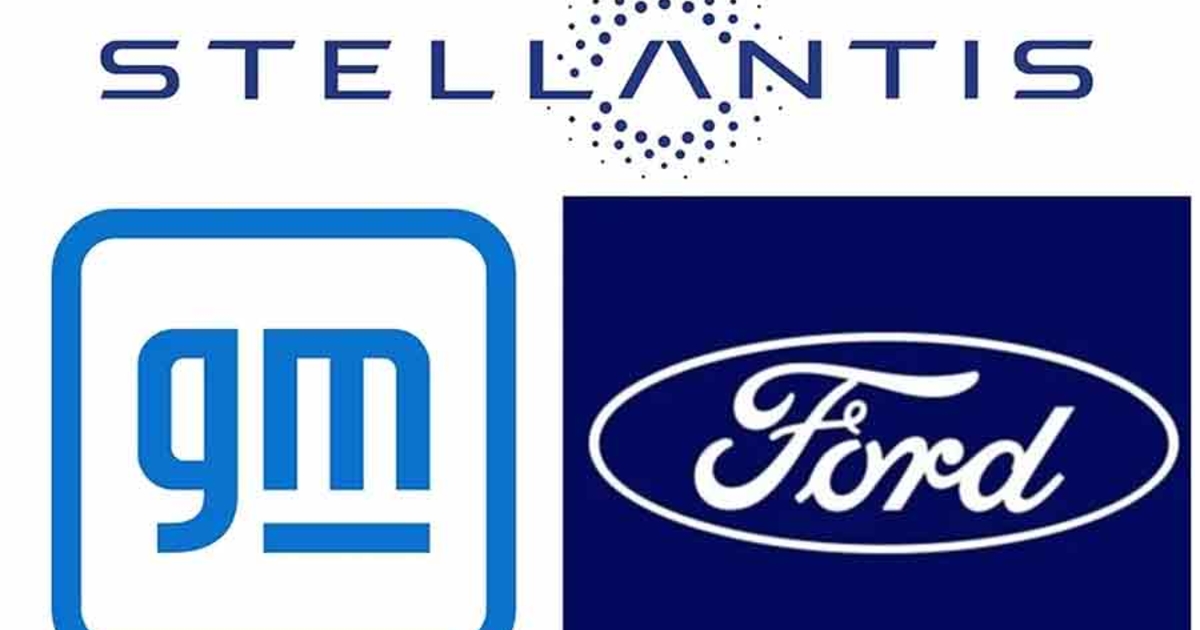
The head of the UAW on Tuesday asked members to grant him the ability to call a strike, arguing contract talks with the Detroit 3 automakers are moving “too slow.”
Obtaining rank-and-file authorization for a strike is a routine and expected part of a labor contract bargaining process.
The UAW has been negotiating with General Motors, Ford Motor Co. and Chrysler parent Stellantis for 30 days and the parties have yet to discuss economic terms, said Shawn Fain, the UAW president, in a Facebook Live webcast.
To move forward, Fain argued it was “critically important” that union locals at the three carmakers vote to authorize the strike. Their backing wouldn’t necessarily lead to a work stoppage, but could give the union leverage as it negotiates for higher pay and better benefits.
“Progress is slow. It’s too slow,” Fain said. “The Big Three need to get serious and get down to business.”
Earlier this year, Fain gave each carmaker a list of demands that included pay raises of more than 40 percent, inflation protection, better treatment of temporary workers and improved perks for retirees. The UAW also wants all workers paid the same wage, regardless of the job they do or whether they work on electric vehicles.
The UAW’s list of contract demands would increase labor costs for the Detroit 3 by $45 billion to $80 billion a year and threaten their future viability, according to calculations by people familiar with the companies’ costs.
The car companies have pushed back on many of the requests, arguing they already face higher labor costs in the US than Tesla Inc., European and Asian automakers.
Detroit 3 also are negotiating new contracts with Canada’s Unifor union.
Automotive News contributed to this report.